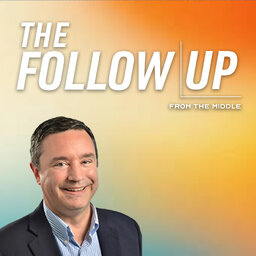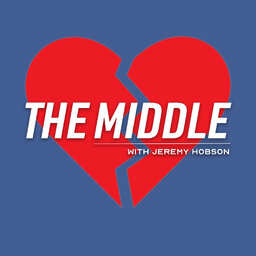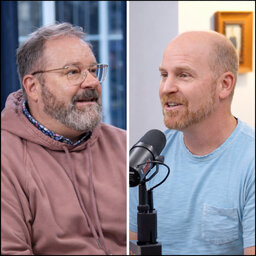Should there be a legal right to die?
On this episode of The Middle we're asking you: Should there be a legal right to die in the United States? We're joined by attorney and death doula Alua Arthur, and journalist Rob Cribb, host of The Ultimate Choice podcast. The Middle's house DJ Tolliver joins as well, plus callers from around the country. #healthcare #medicalaidindying #ultimatechoice #endoflife #righttochoose
In 1 playlist(s)
The Middle with Jeremy Hobson
The Middle with Jeremy Hobson is a national call-in talk show focused on bringing the voices of Amer…Social links
Follow podcast
Recent clips

The Follow Up: Love, Politics and the Middle Class
22:02

Can you be in a relationship with someone who has different politics?
46:26

Behind the Scenes: Jim Fielding interviews Jeremy Hobson
1:00:02
 The Middle with Jeremy Hobson
The Middle with Jeremy Hobson